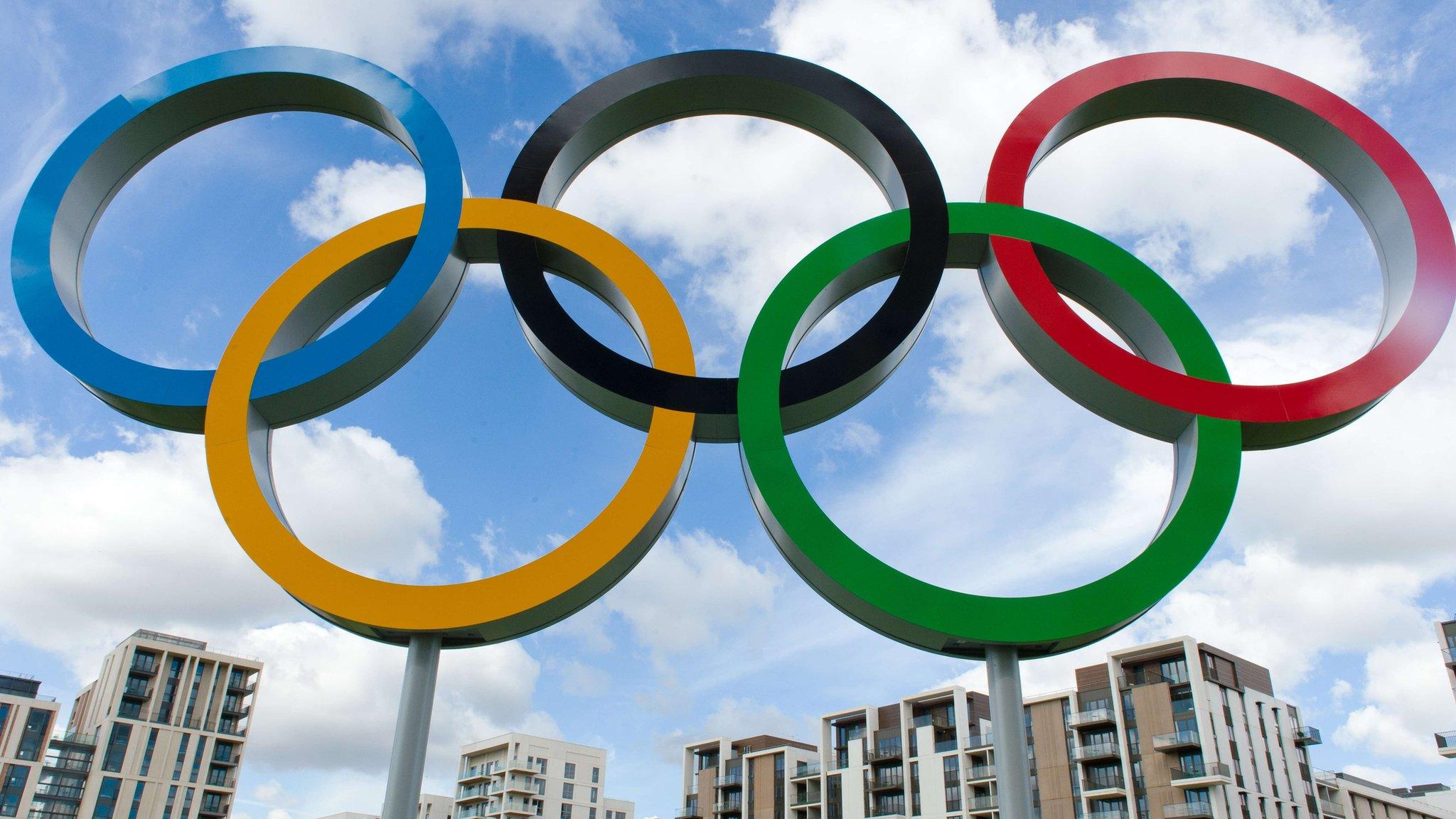UK Athletics: New 'Clean Athletics' brand to reinforce doping-free competition
- Published
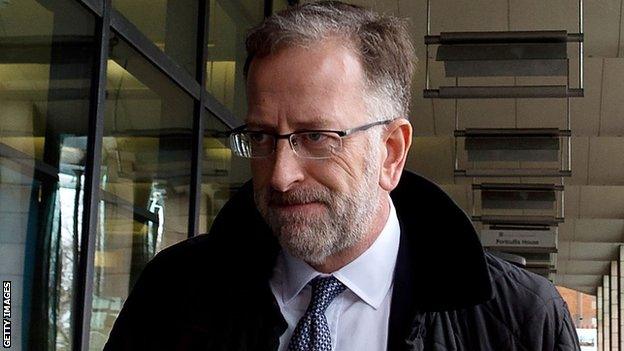
Warner says the pace of change in athletics' response to doping is "too slow"
UK Athletics (UKA) chairman Ed Warner says the sport must do more to commit to providing doping-free competition.
The governing body has launched a 'Clean Athletics' brand, a year after its 14-point manifesto that aimed to create a new era of clean athletics.
The sport has been dogged by damaging headlines and reports highlighting Russian state-sponsored doping.
Warner noted a "seismic change" in athletics' response to doping in 2016, but said "too much denial" remained.
He said the "pace of change remains too slow".
Warner said the stances taken by athletics' governing body, the International Association of Athletics Federations (IAAF), and the International Paralympic Committee (IPC) could be seen as a "turning point".
Russians have been banned by the IAAF from competing since November 2015, while the IPC banned Russia from taking part in the 2016 Rio Paralympics.
The International Olympic Committee (IOC) left decisions on whether Russians could compete at the Rio Olympics to individual sporting federations.
"There is still much to do," Warner added.
"There remains too much denial in too many quarters, but we will continue to work to make progress in the areas we can."
'We urge other sports to follow suit'
Last year, Warner said it was time for "radical reform".
Among UK Athletics' (UKA) proposals were plans to reset world records, introduce longer bans for drug cheats and a public register of tested athletes.
UKA highlighted steps that have since been taken:
European Athletics has announced a taskforce to look into possible resetting of records.
Athletes now get lifetime bans from competing for British Athletics if found guilty of a serious doping offence.
Other federations have either announced or are currently working on their own system of ensuring lifetime bans.
As part of its rebrand, UKA's anti-doping department will be renamed 'Clean Athletics' and the sport's governing body suggests other anti-doping agencies should do the same to "emphasise the ultimate purpose of their activities".
Warner added Clean Athletics "would urge other sports to follow suit to remain focused on what they want to achieve".
Why is this still important?
Dan Roan reports from the discredited Moscow anti-doping laboratory
At the time of UKA's proposals last year, authorities were already aware of alleged widespread doping in Russia with the country provisionally suspended from international competition.
Since then, in an investigation commissioned by Wada, reports from Professor Richard McLaren found more than 1,000 Russians - including Olympic medallists - benefited from a state-sponsored doping programme between 2011 and 2015.
As a result, Wada recommended all Russian athletes be banned from competing from the Rio 2016 Olympics and Paralympics.
On Tuesday, leaders of 19 national anti-doping organisations said Russia should be banned from both competing in and hosting international sporting events.
The IOC has set up two commissions looking into the McLaren report findings and is awaiting the findings of these before deciding what steps it will take next.
Meanwhile, head of world athletics Lord Coe will be recalled by the Culture, Media and Sport select committee after MPs heard evidence that "undermined" his comments in 2015 regarding specific cases of corruption.
- Published11 January 2016
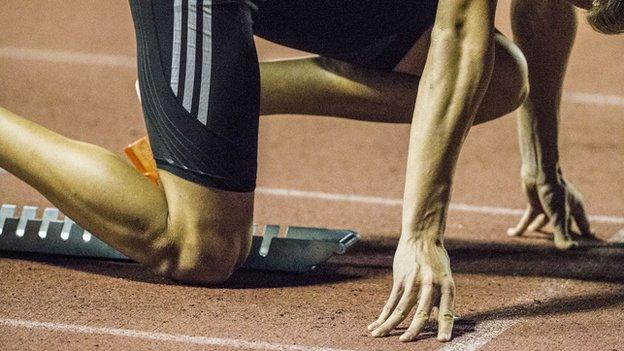
- Published10 January 2017
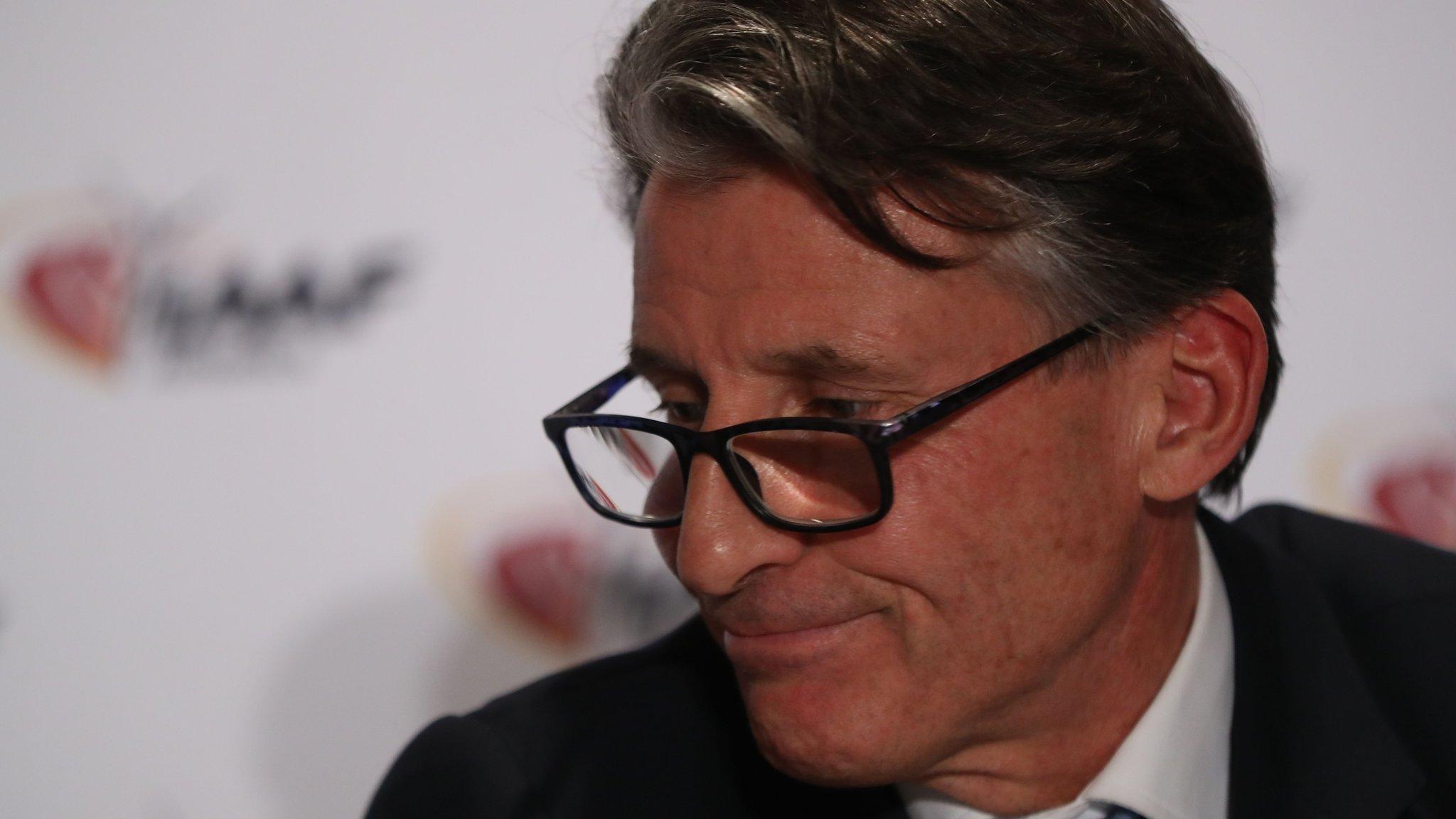
- Published10 January 2017
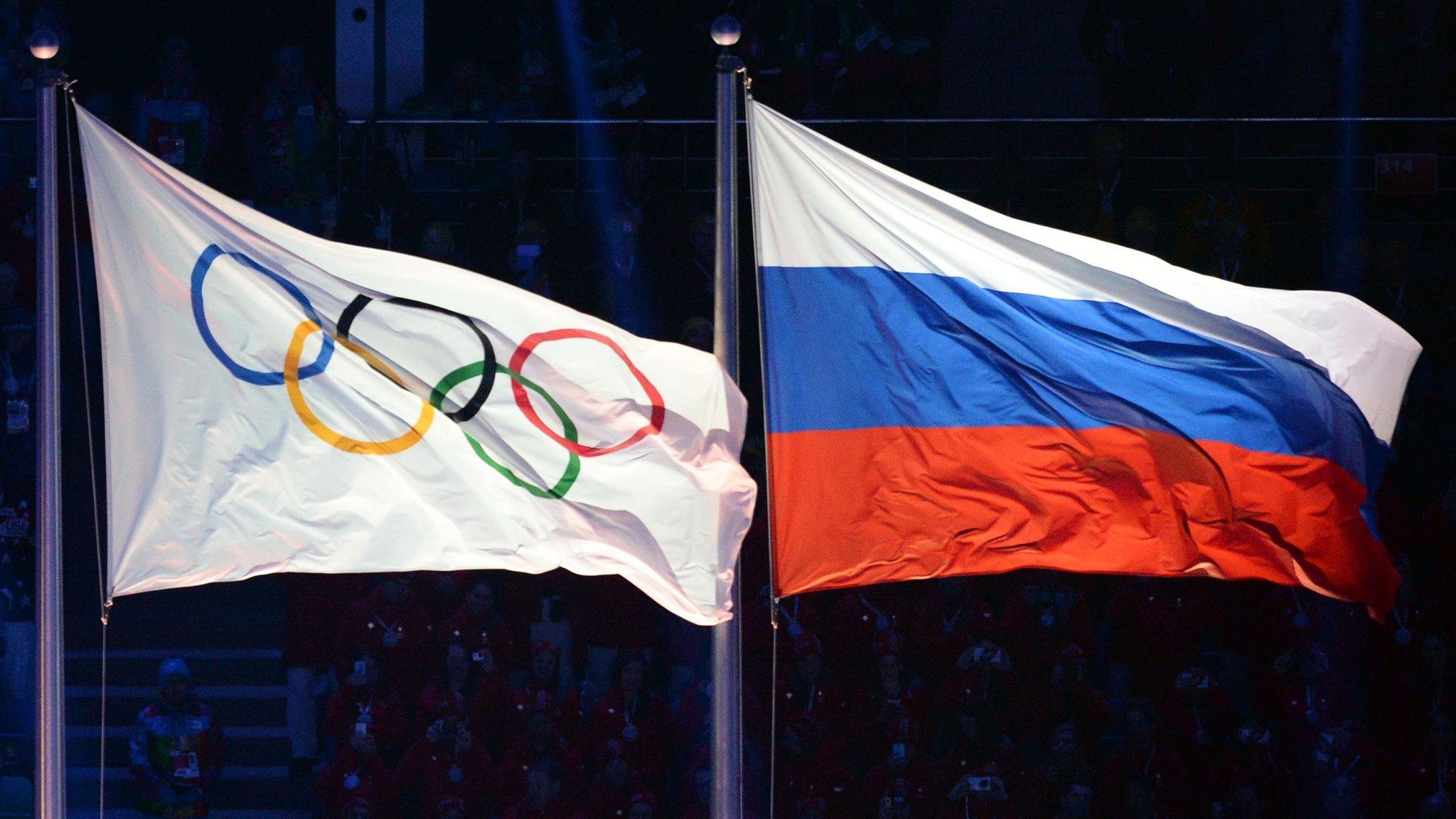
- Published18 July 2016
